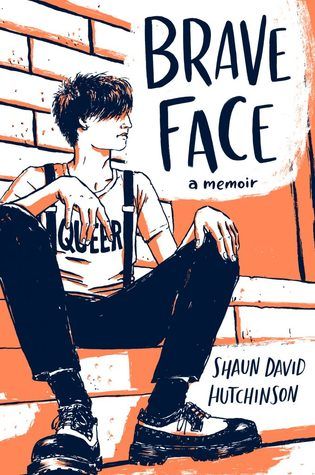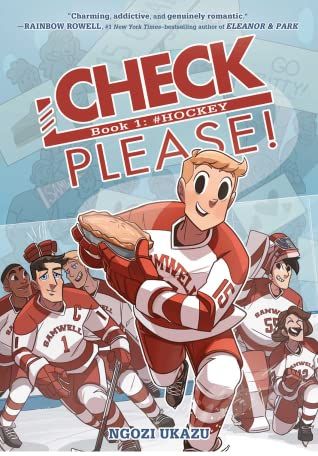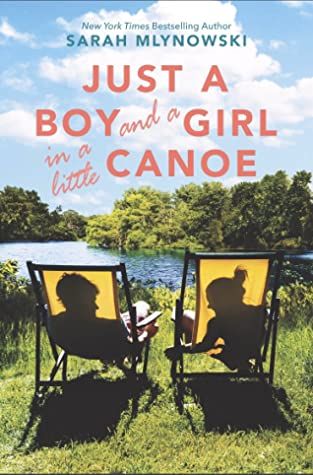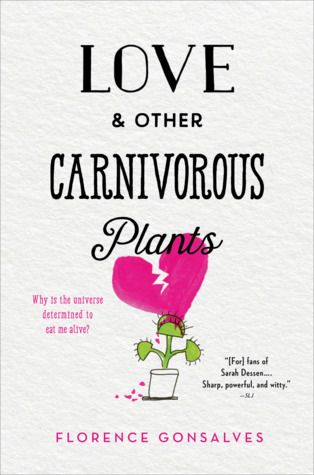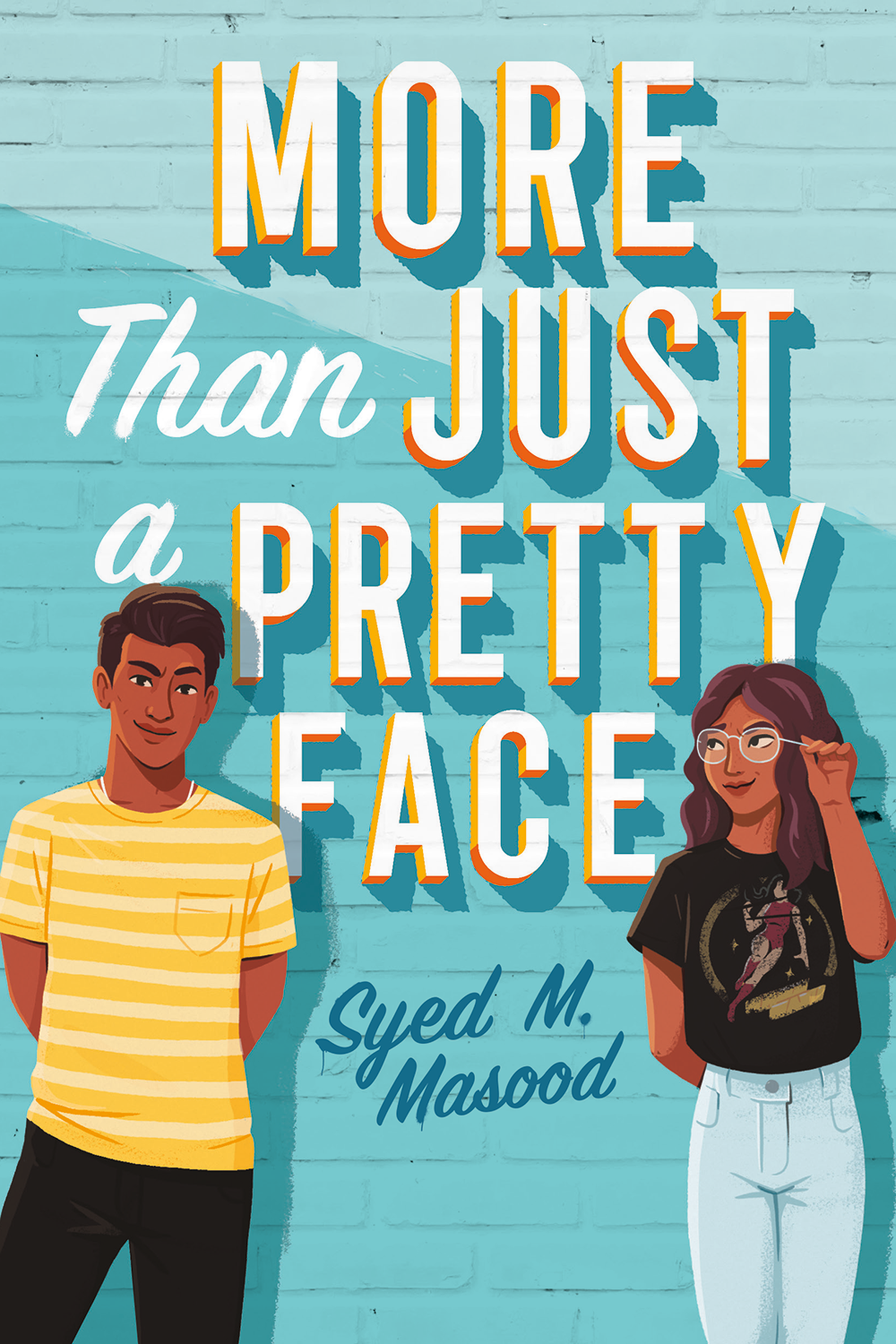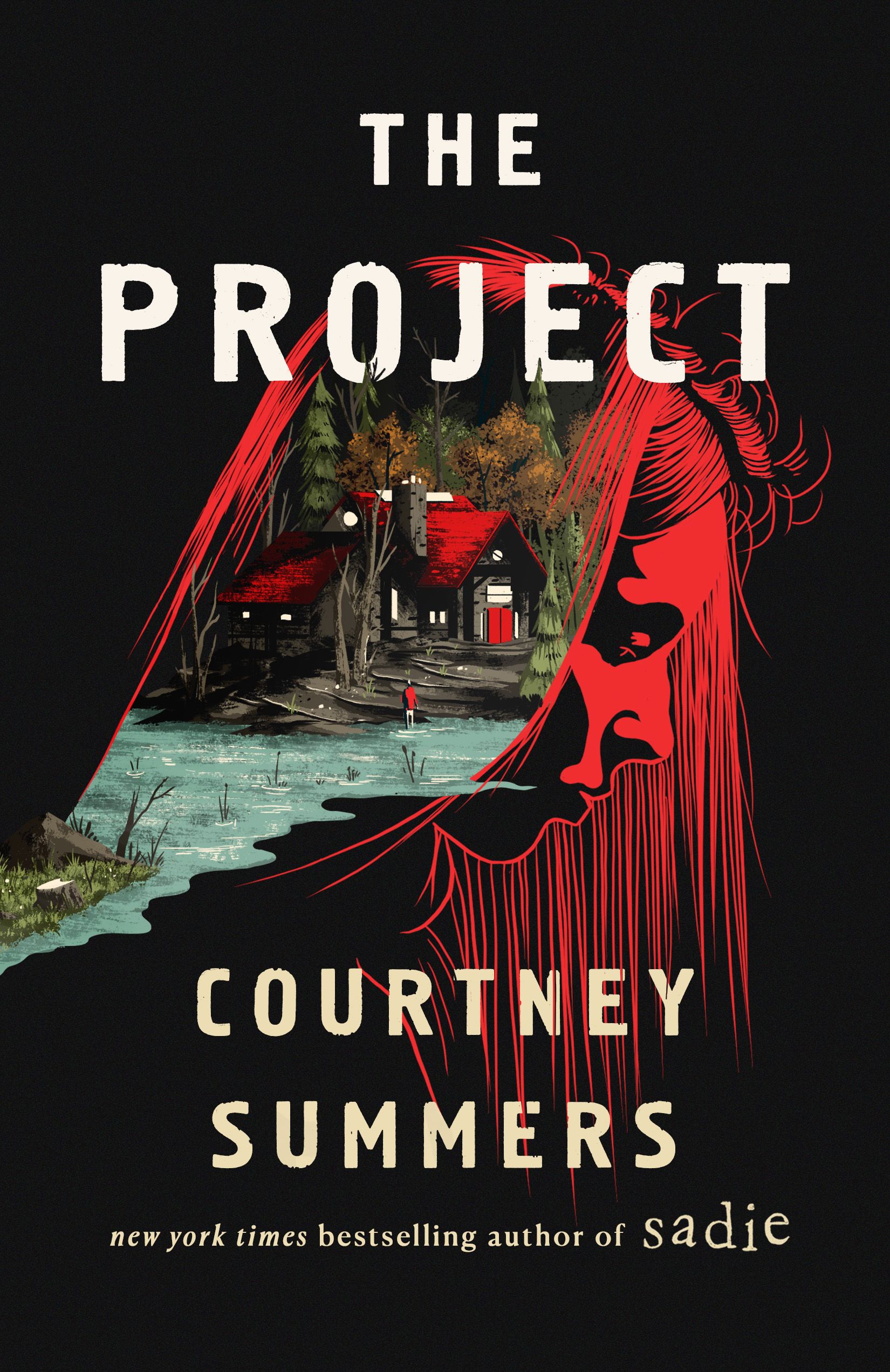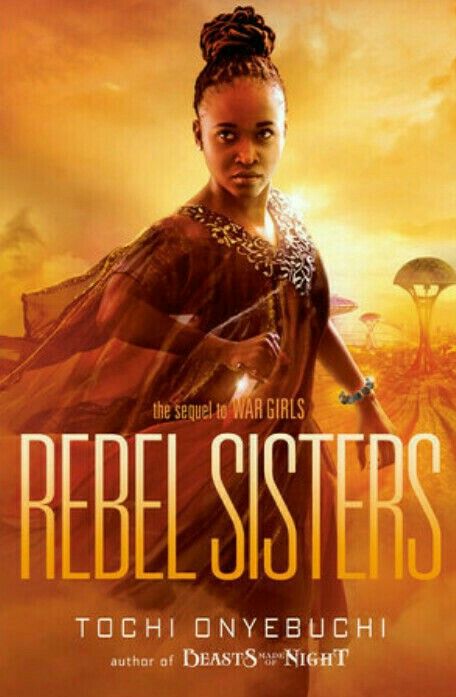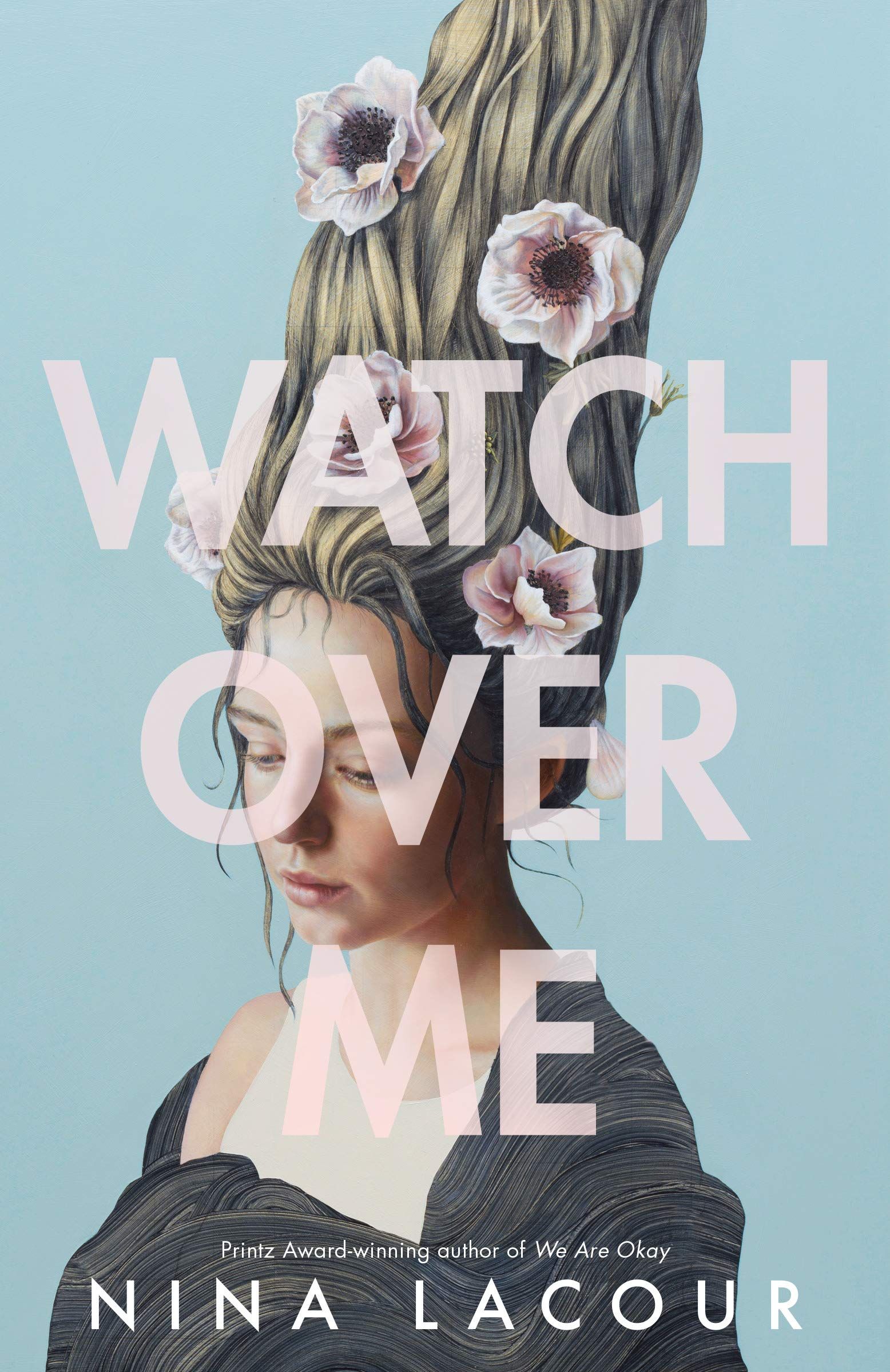There’s been a little of both in YA in the last half-decade or so.
More YA books in recent memory have been showcasing older teens, and a number of them have introduced 19-year-olds as their main character.
It’s a fascinating age to think about in terms of what it means. Not all 19-year-olds go to college, as will be seen in the list below, but 19-year-olds operate in a wholly different world than 15-year-olds in terms of freedom and flexibility. In some ways, 19-year-olds are unencumbered by the trappings of typical teen plots, wherein adults or other authority figures have a lot more power over them. This removes a significant plot hindrance and allows new avenues of storytelling for a writer.
At the same time, 19-year-olds have a whole host of different challenges to contend with in terms of plot. Where are they living? How are they surviving financially? Is school taking up the bulk of their time or is work? How much responsibility do they really have over their own lives and how much feels like simply an extension of their high school years, whether they’re living at home or not?
YA books set in college don’t especially interest me, on the premise that college isn’t all that interesting. I loved my experience, but because of how much freedom is given, there weren’t as many exploits to be had (I mean, they were had, but nothing novel-worthy). But the premise of a YA character being 19, whether or not they’re in school, changes things. 19-year-olds are on a precipice of freedom and adulthood while also still being a “teenager.” As we continue to be a society wherein adolescence extends deeper and deeper into one’s 20s physically, mentally, socially, and culturally, the 19-year-old, despite how different they may be from a 15-year-old, feels far closer to them than they do a 25-year-old.
That shift in perspective opens up a whole conversation in and of itself, as well as a host of opportunities to offer deeper, fuller stories in YA and adult categories, whether or not they crossover in their audience appeal.
The below are a number of YA books featuring 19-year-old main characters who offer fascinating, compelling stories, as well as give meaning to what it is to be on the edge of adulthood.
When she stumbles into Sam, who works at a local coffee shop and considers himself a bit of a wreck, the two of them begin a relationship that evolves less in person and more via texts, and allows them to connect with each other — and themselves — on a deep and necessary level.
Much as Sam loves her boyfriend, when she meets Gavin, the camp’s sailing instructor, she finds herself enjoying a summer unlike any other…and falling for someone she maybe didn’t anticipate having such feelings for.
(Many points to the absolutely clever title here. Anyone who went to summer camp and had to sing songs will be transported immediately!).
Then she finds herself falling for an older girl she meets in rehab for an eating disorder and much as the budding romance is exciting, it’s also reigniting some of Danny’s self-destructive behaviors.
Gonsalves’s queer YA book about finding yourself takes a sharp look at mental health and the ways the patterns one develops when struggling can really make you feel removed from your own life.
Nineteen-year-old Danyal is brimming with confidence and poise and cannot wait to continue his career as a chef — a career of which his father doesn’t approve. Danyal is less interested in that opinion than he is of the girl he’s mad for: Kaval. The problem? Her family doesn’t think he’s good marriage material.
When Danyal is selected for the academic competition and honor of Renaissance Man, he seeks out the help of Bisma and while neither anticipate falling for the other, sometimes love has other plans.
When Lo witnesses someone die and the father of that young man shows up at the news office begging for answers, she begins a deep investigation into The Unity Project, a local do-good organization she’s deeply familiar with because her sister, Bea, is part of it.
But The Unity Project is anything but a charitable organization. It’s a cult.
When a deadly disease breaks out in the Space Colonies, despite how far apart Ify and Uzo are, they find themselves connecting to figure out what is really going on.
The farm is a refuge, but not just for people like her. It’s haunted by ghosts and until she’s willing to face them by facing her own memories and experiences, Mila won’t be able to rest nor bring her best self to the job.









